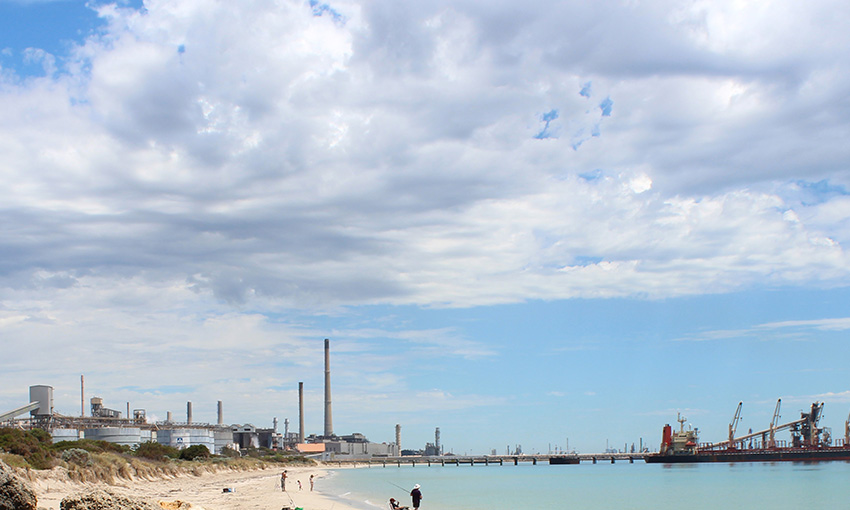A NEW report produced by Australia Post shows how businesses are streamlining and securing their supply chains and planning for success in an environment that may be forever changed.
The report highlights that the traditional strategies businesses have pursued to improve supply chain performance are being seriously questioned in a post-COVID world.
“Supply chain has become the battleground for strategic competitive advantage in many industry sectors,” Australia Post said.
The report produced with Deloitte, shows that new supply chain models driven by digitisation and analytics are already challenging old approaches and are key to future growth opportunities.
“While supply chain costs will always be a focus for business, supply chain agility will be more important in the face of changing market realities,” Australia Post said.
Business investment in technology, sustainability solutions, e-commerce capability and hybrid sourcing strategies are examples of how respondents are demonstrating supply chain agility.
Specifically, the report sheds light on how 87 Australian businesses are managing their supply chains including insights on business strategy; sustainability; digitisation and technology; e-commerce and customer trends; outsourcing and costs; and supply chain planning and performance.
“Not only are businesses grappling with the logistical challenges the pandemic presents for their supply chains, they are also turning their focus to important issues such as sustainability and climate change, which present significant challenges,” Australia Post said.
According to respondents, the top four business challenges impacting supply chain operations and strategies included cost reduction, investing in digital and large-scale IT infrastructure and sustainable growth through organic expansion, the introduction of new products and services and expansion into new markets.
In addition to these business objectives, leaders are also focused on initiatives that will improve visibility, optimise inventory management and build resilience more generally across their supply chain.
“While cost was still an important factor, outsourcing and supplier rationalisation – which were commonly pursued in the past to deliver value – were not central to supply chain strategies at this time,” Australia Post said.
In response to sustainability challenges, supply chain leaders are implementing ethical sourcing, sustainable supplier selection and material selection and the use of recyclables.
“Significant efforts are also being made to reduce the environmental impacts of doing business through emissions reduction strategies, the use of renewable energy, electric vehicles and alternative fuels,” the report found.
Supply chain is at the forefront of the digitisation of industries and the economy, with 57% of leaders reporting supply chain is playing a central role in determining and delivering their overall digital strategy.
According to the report, advanced technologies such as predictive analytics, artificial intelligence, robotic automation and optimisation in warehousing and transport operations will increasingly become commonplace in modern supply chains.
Data quality and accuracy however present a significant and ongoing challenge for many businesses as they transform their operations.
In response to the e-commerce boom, more than 70% of supply chain leaders reported they had invested in their e-commerce capabilities during the last two years. Surprisingly, nearly one in five said they had not made any changes in their approach, with many reporting the nature of their business’ products or services was a barrier to generating more sales through digital channels.
Potential disruptions to transport, labour, access to raw materials and other production inputs are areas of concern given their ability to negatively impact costs along the supply chain.





